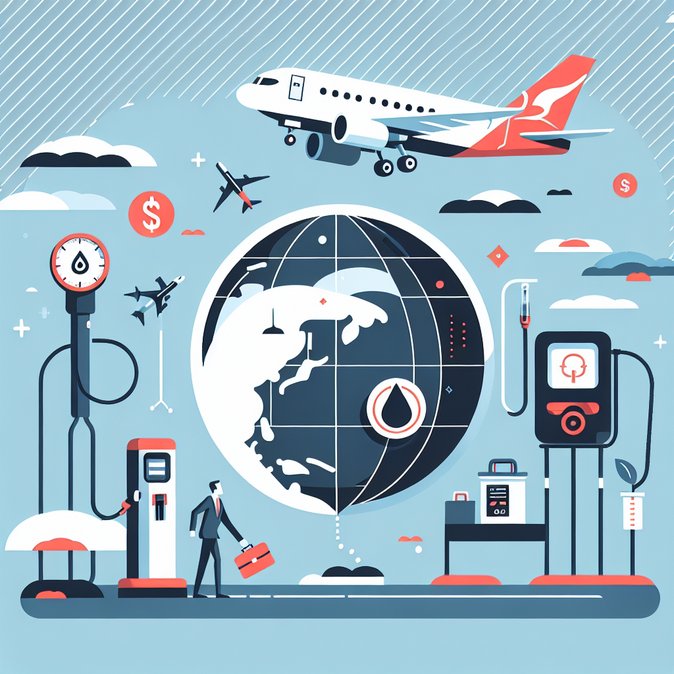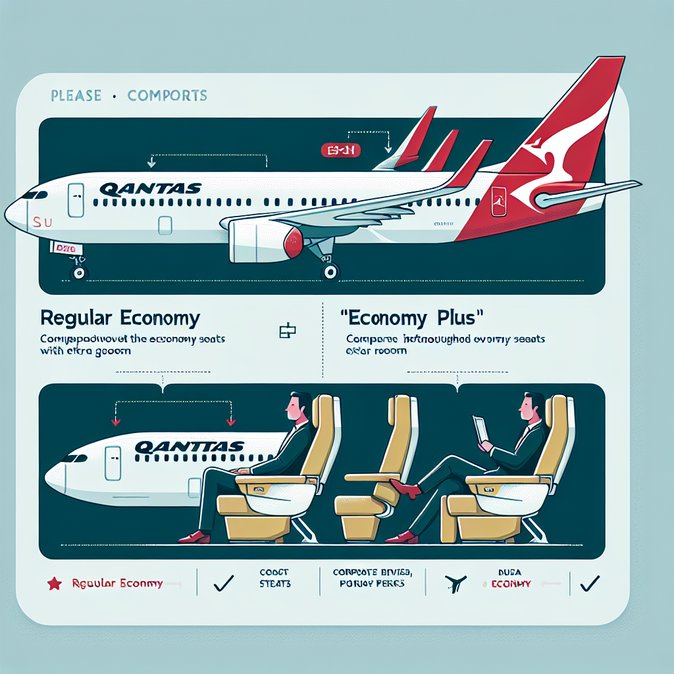
In a trading update released to investors on 7 November, Qantas Group reported that domestic unit revenue for the first half of FY26 is tracking about three per cent higher year-on-year, at the lower end of prior guidance. Leisure, SME and resources-sector bookings remain strong, while non-resources corporate demand is growing more slowly than forecast.
International revenue guidance (2–3 per cent growth) is unchanged, but capacity will be ‘slightly lower’ than planned because the return-to-service timetable for refurbished A380s has slipped. The carrier is monitoring the continued US federal-government shutdown but says no material impact on forward bookings has appeared.
![Qantas issues November Market Update: solid demand but fuel volatility and US shutdown flagged]()
Jet fuel costs remain a key swing factor. At current prices of about A$134 per barrel, the group expects a first-half fuel bill of A$2.62 billion—up due to higher carbon-offset charges under the ICAO CORSIA scheme. Management reconfirmed that Qantas Loyalty is on track for 10–12 per cent EBIT growth.
For corporate travel managers, the update suggests that premium-cabin inventory may stay tight—and fares elevated—through H1 2026, while the delayed A380 re-entry could compress capacity on key trans-Pacific and Kangaroo routes. Hedging and sustainability-fuel surcharges are likely to keep pressure on ticket prices.
International revenue guidance (2–3 per cent growth) is unchanged, but capacity will be ‘slightly lower’ than planned because the return-to-service timetable for refurbished A380s has slipped. The carrier is monitoring the continued US federal-government shutdown but says no material impact on forward bookings has appeared.

Jet fuel costs remain a key swing factor. At current prices of about A$134 per barrel, the group expects a first-half fuel bill of A$2.62 billion—up due to higher carbon-offset charges under the ICAO CORSIA scheme. Management reconfirmed that Qantas Loyalty is on track for 10–12 per cent EBIT growth.
For corporate travel managers, the update suggests that premium-cabin inventory may stay tight—and fares elevated—through H1 2026, while the delayed A380 re-entry could compress capacity on key trans-Pacific and Kangaroo routes. Hedging and sustainability-fuel surcharges are likely to keep pressure on ticket prices.


